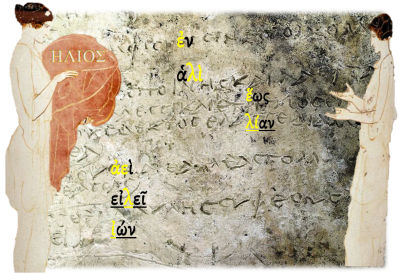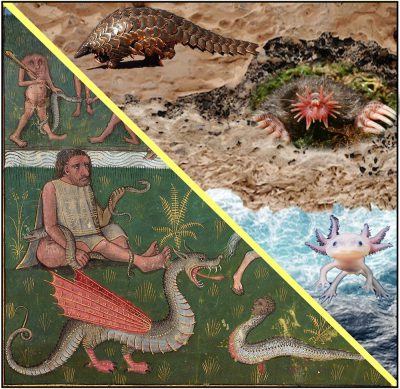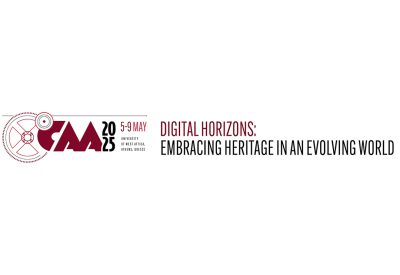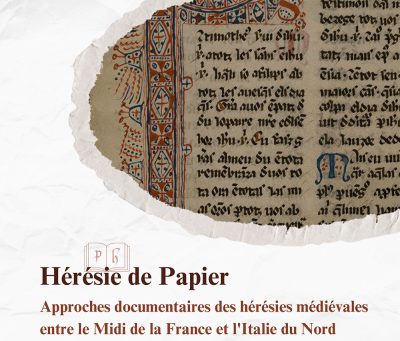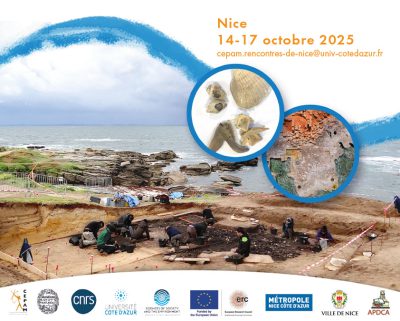- Isabelle Théry-Parisot, Senior researcher, CEPAM, Nice
- Marion Bamford, Professor, ESI, University of the Witwatersrand (Wits)
- Guillaume Porraz, Junior researcher, Arscan, Paris
- Elysandre Puech, PhD, ESI/ GEOS Wits and CEPAM, Nice
- Christine Sievers, Senior Lecturer, School of Geography, (GAES), Wits
Combustion features are particularly well-preserved in Middle Stone Age (MSA) and Later Stone Age (LSA) sites in southern Africa. The remains associated with these features directly (biological and biomolecular archives) and indirectly (thermal treatment) document several aspects of past societies’ economy, from resource management (for the food and technical spheres) to land use and group mobility. The evolution of practices related to the use of fire therefore provides direct information on prehistoric ways of life and changes, but also makes it possible to identify cultural specificities.
The objective of the seminar is to lay the foundations for an interdisciplinary project investigating the role of fire as a factor in cultural transformation and diversification of technical and symbolic activities. Drawing on the very rich archaeological record from southern Africa, the project aims to study fire and its uses as a potential marker of the cultural identities of MSA and LSA societies operating in contrasting environments between coastal and inland, and highly variable climates between Marine Isotope Stage (MIS) 6 and MIS 2.
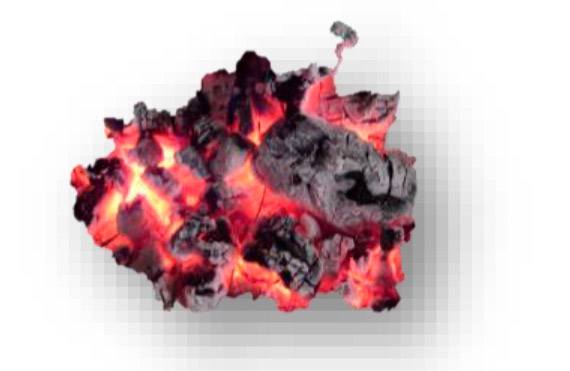
Rencontres scientifiques à venir
Consulter toutes les rencontresColloque | Ancient and Medieval Greek Etymology as heuristic and pedagogic tool. The case of common words
4th Etygram Conference in Siena (Italy)
appel à communication | Etonnement naturaliste et merveilles naturelles
Colloque international du réseau international de recherche Zoomathia, par Pascaline LE GOUAR (Université Rennes 1), Nelly MÉNARD (Université Rennes 1), Sébastien DEREGNAUCOURT ¬(Nanterre Université), Arnaud ZUCKER (Université Côte-d’Azur)
CAA | Digital horizons: embracing heritage in an evolving world
52nd Symposium of Computer Applications in Archaeology 2025
Hérésie de Papier. Approches documentaires des hérésies médiévales entre le Midi de la France et l'Italie du Nord
Org. GR CREHE Elodie Caruchet et Roberto Mussinatto en co-tutelle avec Michel Lauwers
Appel à contributions | Océans, littoraux, îles et sociétés : fluctuations environnementales, activités humaines et défis socio-environnementaux à travers le temps
45es Rencontres internationales d’Archéologie et d’Histoire de Nice Côte d’Azur, organisées par Tatiana Theodoropoulou (CEPAM, CNRS-Université Côte d’Azur), Alexandra Bivolaru (CEPAM, CNRS-Université Côte d’Azur), Nicolas Naudinot (MNHN, UMR 7194 HNHP, Paris)


